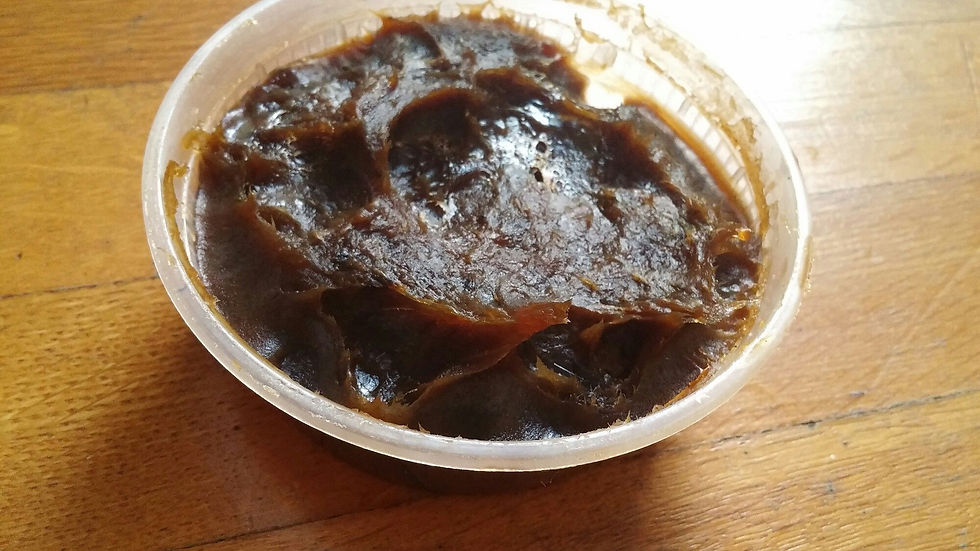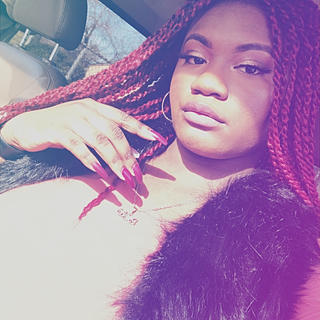What is African Black Soap?
- Kaylaveeh Samone
- Oct 1, 2017
- 2 min read
Black soap, also known as African black soap (anago soap, alata simena, and dudu-osun), has long been used to heal problem skin. It's good for thinning fine lines, evening out dark spots, eczema, razor bumps and eliminating blemishes.

The soap can appear in different forms. It can be hard, which is really good for exfoliating, they have the typical bar and they have the paste. Real ABS is not really black. If your soap is actually black then it’s not real. It should be a mixture of brown.


It is said that African Black Soap is also used to lightly exfoliate skin to give you healthier looking skin. There are many other claims to the benefits of black soap, which may be proven/disproven by the user.

Black soap is made from the ash of locally harvested plants and barks such as plantain, cocoa pods, palm tree leaves, and shea tree bark. First the leaves and bark are sun-dried and then roasted in a kettle or pot at an even, constant temperature, which is important to ensure color, texture and smell. Then water and various oils – palm oil, coconut oil, palm kernel oil (including shea butter and cocoa pod powder) – are added to the mixture and stirred for at least a day. After that, the "soap" is left to set for two weeks to cure.
I use Black soap and I love it. Cleanses the skin well and I especially love it because it’s all natural. I know that there are no harsh chemicals in it that can affect my skin later on. It does tend to be a little drying but I just use a good moisturizer after. For my review on Black soap check out my previous review on Dudu Osun soap.










Comments